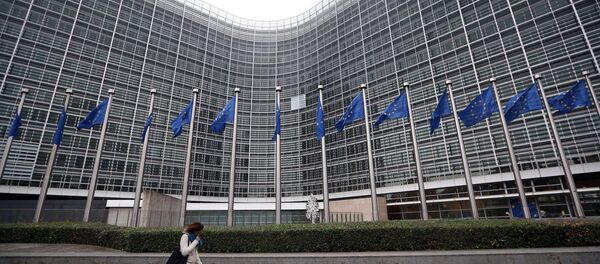According to Eurostat, a statistical office of the European Union, euro area annual inflation reached —0.6 percent in January 2015 down from —0.2 percent in December 2014. The Eurozone is facing negative inflation rates due to the fall in energy prices. Experts note that the trend is rather dangerous, since the low inflation environment is causing further economic slowdown: consumers are not motivated to spend more while businesses see no reason to increase production while its goods are getting cheaper.
Meanwhile unemployment rates are rising steadily in the Eurozone periphery: while the lowest unemployment rates were typically registered in Germany and Austria (about 5 percent), the highest were recorded in Greece and Spain (more than 20 percent) in the last two years.
In the light of the ongoing economic slowdown in the Eurozone, threatening to push the EU toward the new round of the financial crisis, Eurosceptic parties as well as right-wing conservatives called upon the nations to leave the Eurozone. Remarkably, they have recently gained extraordinary popular support across the European Union.






